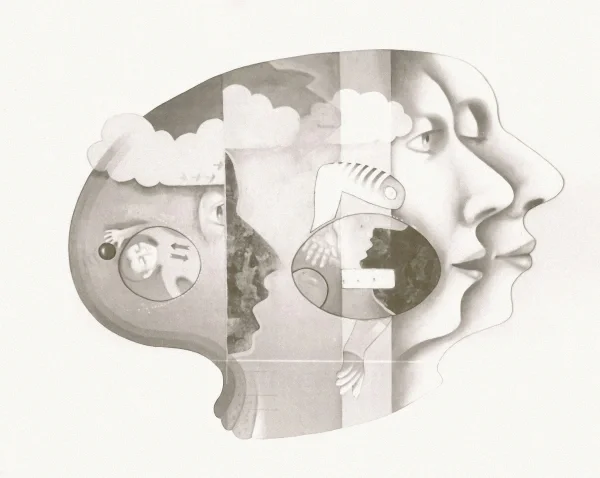What Is Addiction? Breaking Down Myths and Facts
Addiction affects your mind and body, making it one of the most complex challenges anyone can face. In fact, when we talk about what addiction is, we’re not just describing a habit or a lack of self-control. Addiction is a chronic, relapsing condition that changes how your brain works. Whether it involves substances or behaviors, addiction can distort your priorities and impact your relationships. Additionally, certain addictions can disrupt your health.
Understanding addiction helps replace shame with truth and opens the door to lasting recovery. With the right support, you can take steps to regain control and start feeling like yourself again.
Understanding the Reality of Addiction
Addiction is a disease that affects your brain’s reward and motivation centers. Over time, your brain begins to associate certain substances or behaviors with pleasure or relief from pain. As a result, that pattern becomes so strong that you feel driven to repeat it, even when it causes harm.
From a biological standpoint, addiction is not a choice. It is a condition that changes how your brain processes rewards and makes decisions. Recovery also involves addressing the emotional and behavioral aspects of your life. This means learning healthier ways to cope with stress and manage your emotions to rebuild a sense of balance.
Common Myths About Addiction
Despite decades of research, myths about addiction still shape how it’s viewed and how others view people who struggle with it. For example, many believe addiction is a moral failing, which is far from true.
Myth 1: Addiction is a moral failing.
Fact: Addiction is not a sign of weakness. It is a chronic condition influenced by genetics, environment, trauma, and brain chemistry. Those struggling with addiction need support and treatment, not judgment.Myth 2: You have to hit rock bottom before getting help.
Fact: Early intervention can prevent serious consequences and improve outcomes. Recovery can begin at any stage. In fact, waiting for a crisis often causes more harm, making recovery even harder.Myth 3: Willpower alone can fix it.
Fact: Willpower by itself is rarely enough. Effective treatment combines therapy with accountability, lifestyle changes, and sometimes medication. Ultimately, recovery works best when you combine a clear plan with consistent effort and the tools you learn along the way.Myth 4: Once addicted, always addicted.
Fact: Many people achieve long-term recovery and live fulfilling, productive lives. Addiction can be managed successfully with the right treatment plan and continued care.
What Recovery Really Looks Like
Recovery involves developing coping skills and repairing your physical and emotional health. At times, trust has to be rebuilt in your relationships. Through therapy, you can regain confidence and rediscover what matters most to you.
Recovery also includes addressing the psychological and physical factors that contribute to addiction. Therapy helps you understand the roots of your behaviors and recognize your triggers. Similarly, lasting change can happen with the right tools. The goal of recovery therapy is to provide a safe, nonjudgmental space where you can explore your challenges and develop strategies that support long-term recovery.
Breaking the Stigma
The stigma surrounding addiction can prevent you from asking for help. Shame can make you feel isolated or unworthy of support. However, when addiction is discussed openly, it becomes easier to ask for help and start the healing process.
What matters most is taking the first step. Treatment does work, and with professional guidance, you can rebuild your life in meaningful ways.
Moving Toward Healing
If you are struggling with addiction, professional help can make a real difference. Evidence-based therapy can provide structure and accountability while helping you understand how and why these changes happened.
You do not have to wait for a crisis to start. Early intervention and addiction counseling can prevent unnecessary setbacks and help you regain control sooner. Give me a call to schedule an appointment. Together, we can take the next steps toward rebuilding your health and finding balance once again.

